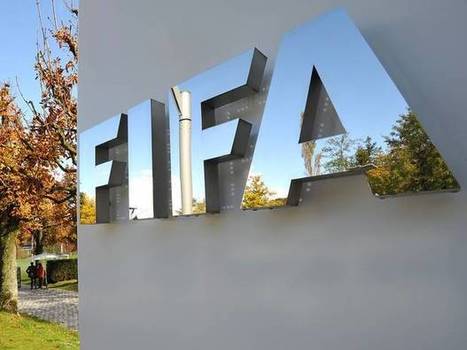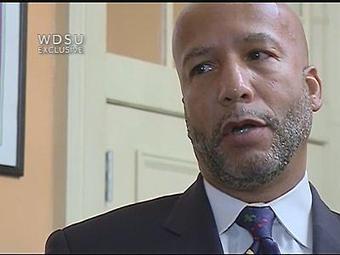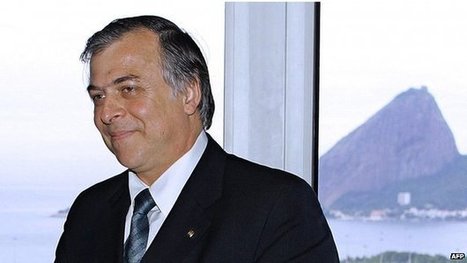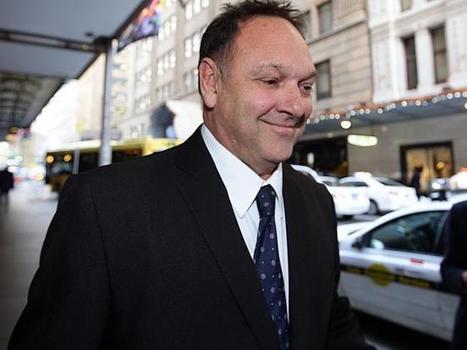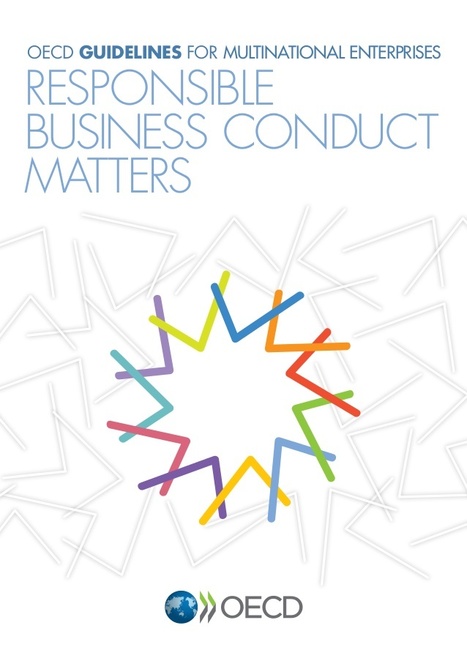With greater enforcement of anti-corruption regulations in the U.S., investment firms would do well to implement comprehensive corruption risk management programs.

|
Scooped by
KROTOASA RESEARCH-INTENSIVE INSTITUTE (KRII)
September 26, 2014 3:32 PM
|



 Your new post is loading...
Your new post is loading...



